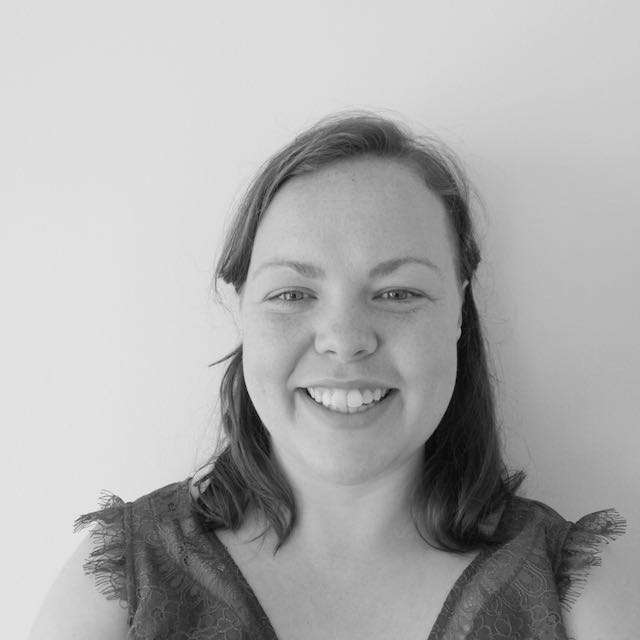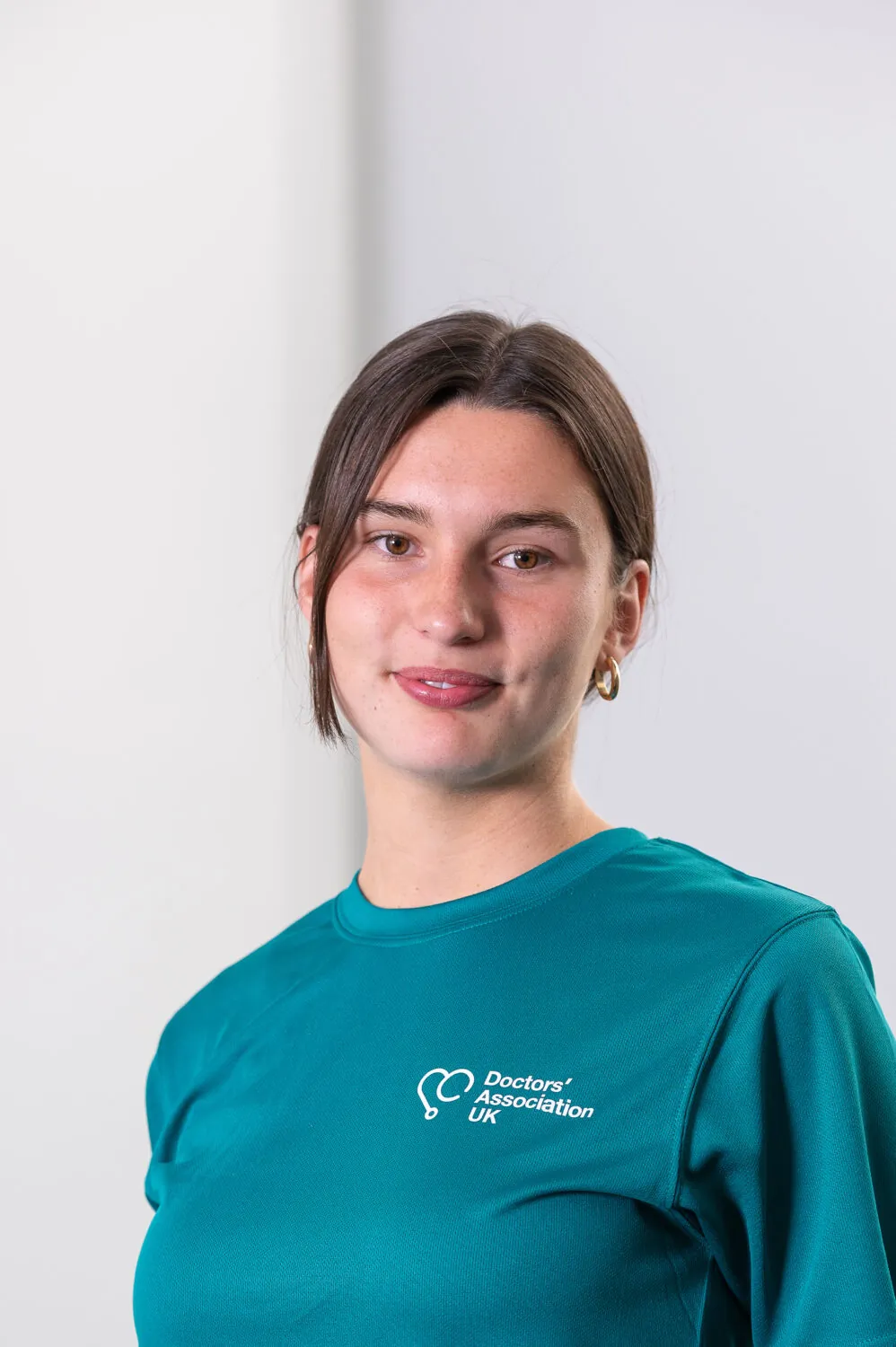
Lizzie Toberty, a 35-year-old GP in north east England who is a member of the grassroots campaign group Doctors’ Association UK, believes in the principle of partner-led practices rooted in communities, she still declined to
become a partner in her former practice. As a doctor, “you want a say in how healthcare is
managed”, she explains, but she worried that when the senior partners retired no one would
replace them and she could end up shouldering the entire liability. “As a partner, technically, your house is on the line and that scared me,” she says. “Among my friends I’d say there’s probably a 50:50 mix of those that go into partnership and those, like me, who go, ‘ooh, this just feels so risky’,” she adds. Practices are experimenting with new ways of
working to help ease stretched resources. The addition of advanced nurse practitioners, paramedics and hysiotherapists into teams with GPs — based in large practices or shared between practices — is one approach being tried. This multi-disciplinary team working allows GPs to focus on the sickest patients and expands the
workforce, which is particularly helpful for practices in deprived and rural communities that struggle to recruit doctors.
Combining digital healthcare with imaginative approaches to flexible working could ease the GP
brain drain, says Ellen Welch, a GP from Cumbria and a member of the Doctors’ Association UK. As mother to a toddler and a 6- month-old baby, born during the pandemic, she spent her pregnancy answering out-of-hours calls
from home. Since her baby’s birth she has also been working with a local surgery, logging on to
her laptop to respond to non-urgent queries that patients submit to a website and making referrals
for face-to-face consultations for patients who need them. She suggests such arrangements
could “tap a whole new workforce” and retain the skills of GPs who leave to become parents and
carers or move abroad for family reasons. For Toberty, the uncertainties within general practice have only heightened her dilemma onwhether to become a partner. To be “scapegoated” because there are not enough
doctors “is incredibly damaging”, she says. “As a GP with 30 years of working ahead of me, it’s
started me thinking: ‘Is this what I want to do?’”
read the full article here





